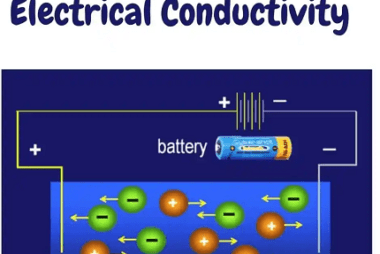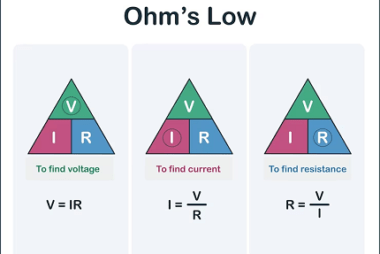Advance Course AIIMS-SYLLABUS Physics syllabus Carbon Resistors
Carbon Resistors Carbon resistors are passive electronic components widely used in various electronic circuits. Here are some key points about carbon resistors: It’s important to note that carbon resistors have certain limitations, such as lower precision compared to other types of resistors, limited power handling capacity, and sensitivity to temperature changes. For applications requiring higher…









